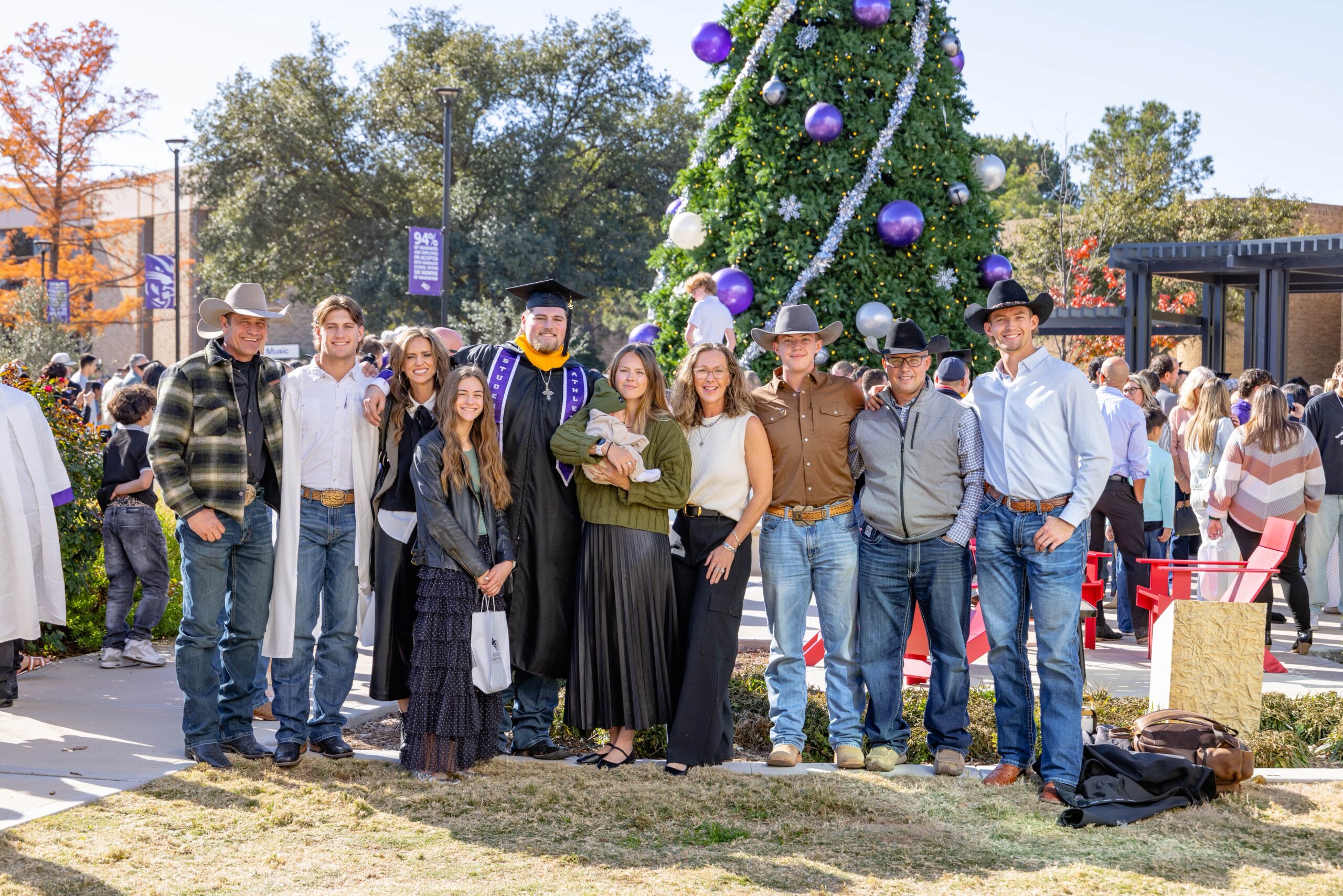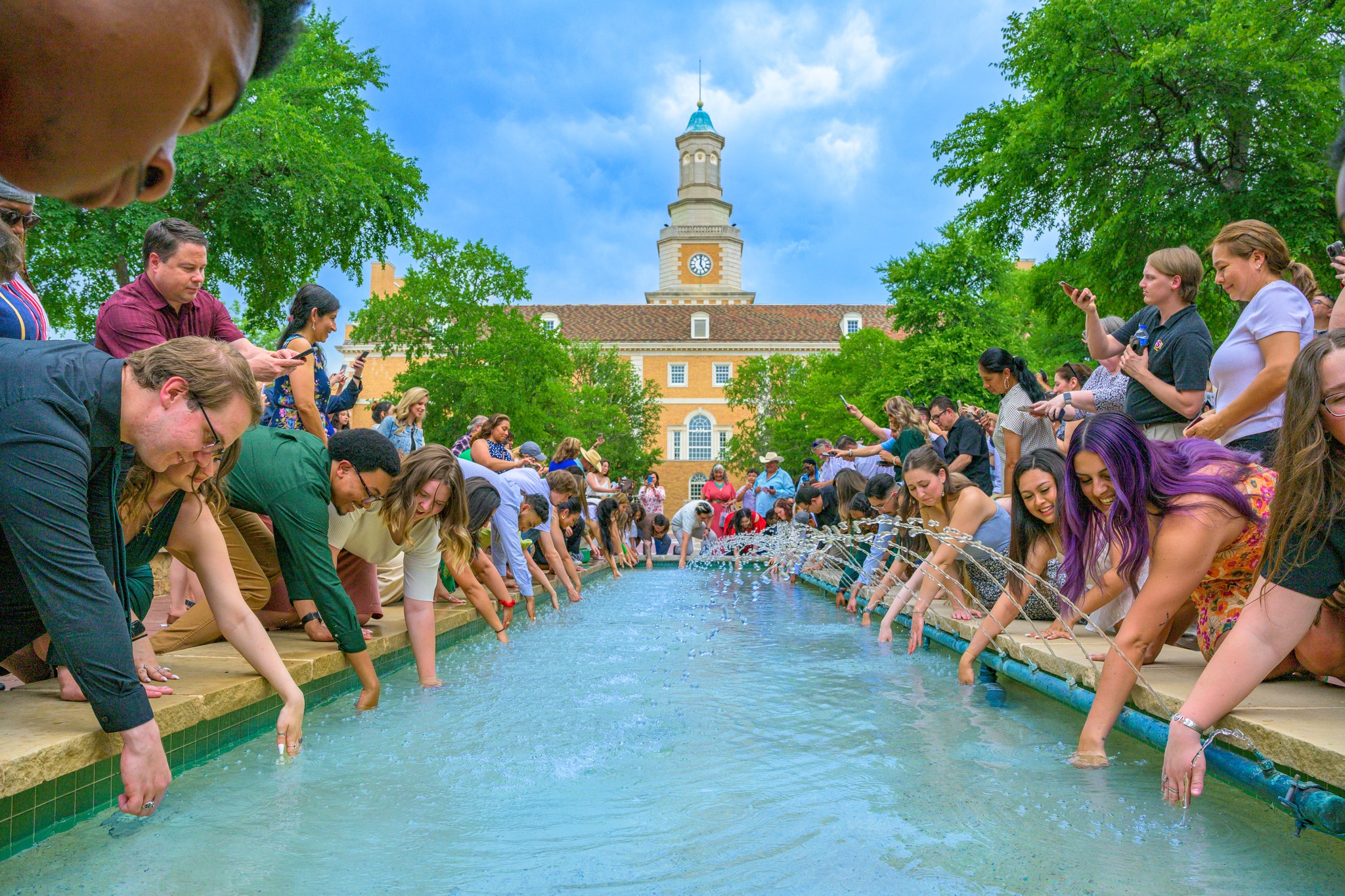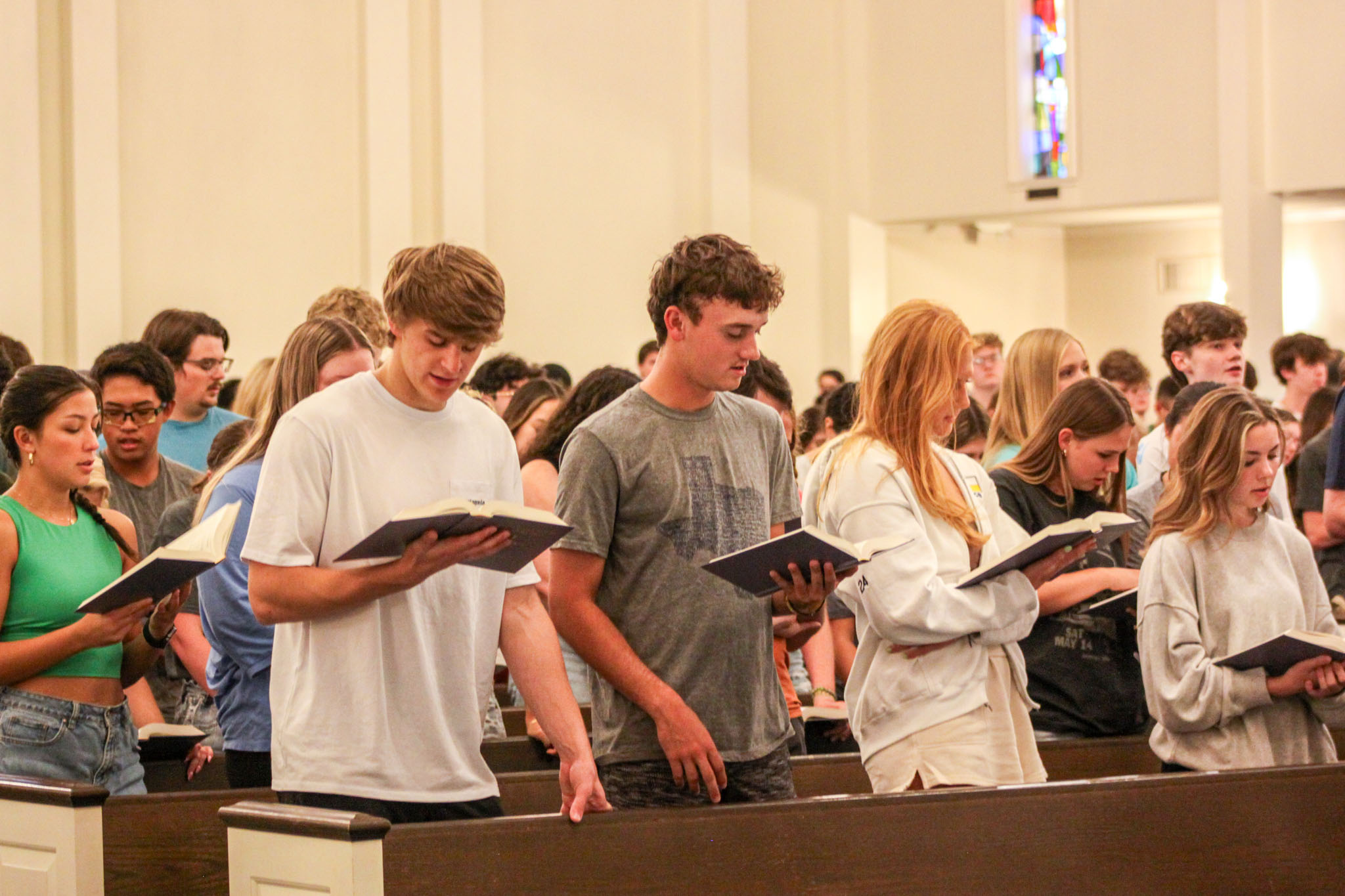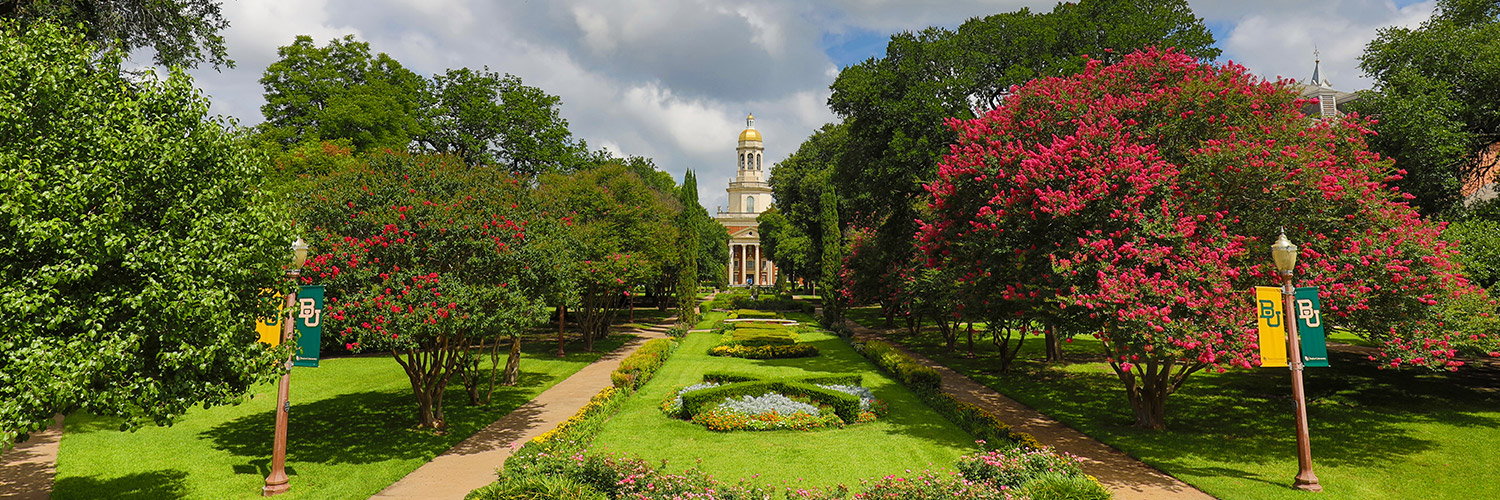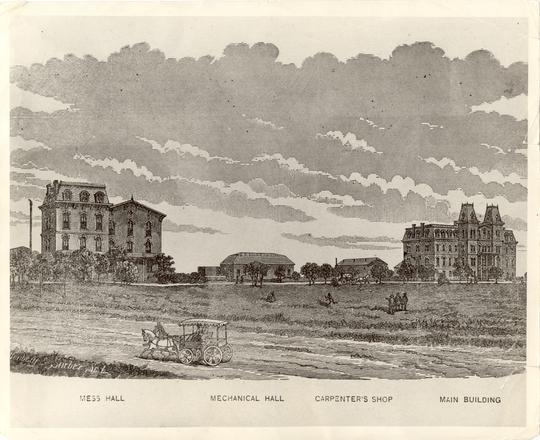Time sensitive November 11, 2025 Update:
The project, located on the Texas A&M University System’s Rellis Campus in Bryan (Brazos County), has faced significant delays. Originally slated to begin construction by November 2021, it was pushed back due to the 2021 Winter Storm Uri. In November 2023, construction was announced to start in 2024, with an expected opening in Q3 2024 (July–September). However, no sources confirm completion or operations.Recent developments include:
- February 2025: Bryan approved a reinvestment zone on the 25-acre site to attract the data center, with ongoing negotiations.
- October 2025: Officials clarified no formal plans have been submitted for the site, despite zoning approvals for potential development.
The project’s official site (rellisdrc.com) states “Site will be available soon,” indicating it’s still under preparation. It’s designed as a 225,000 sq ft Tier III facility with colocation, cloud services, and educational spaces for workforce training.
FYI:
Company building RELLIS Campus Data & Research Center files for bankruptcy
Construction to begin on Rellis data center in Texas in 2024
The RELLIS Data and Research Center will be a public – private development with Texas A&M University. The data center will be built on the new RELLIS Campus located in College Station, Texas. It will offer cloud storage and outstanding managed services. The RELLIS Academy and Research Lab offers the ability for Texas A&M University to give real world data center experience to both students and faculty.







